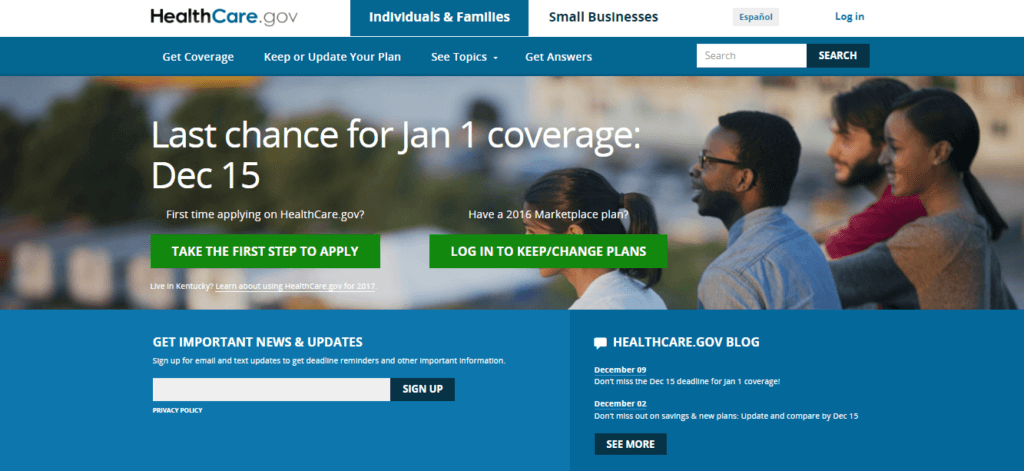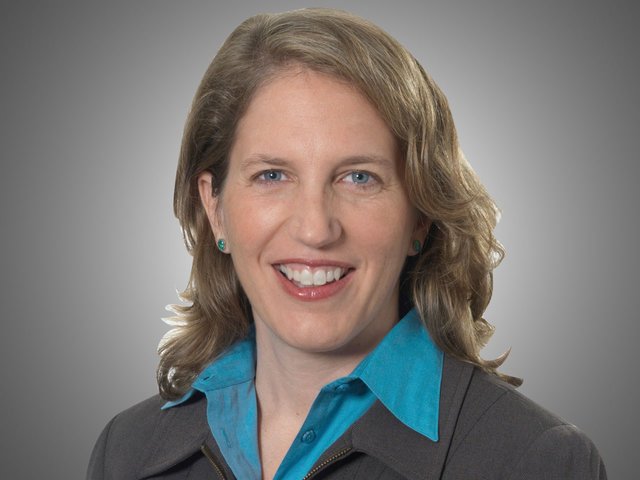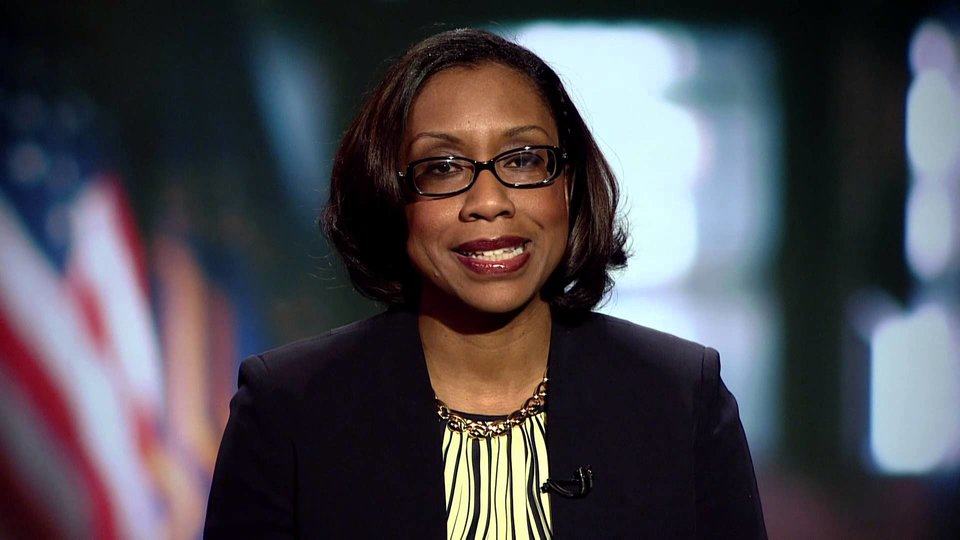The Affordable Care Act could be vulnerable under new administration

By Charles Hallman
Staff Writer
Over a third of MinnesotaCare recipients need to confirm or update their eligibility information before the end of the year, advises the Minnesota Department of Human Services (DHS). An estimated 36,000 recipients of the state’s basic healthcare plan are affected, and many have responded to the DHS letters since October — nearly 31,000 renewals have been processed thus far “to guarantee seamless continuation of coverage heading into the new year,” said the agency press release. A DHS spokesperson told the MSR that there were not any breakdown numbers by ethnicity available by press time.

(Photo courtesy of HHS)
Health and Human Services (HHS) officials and other health advocates last week, during a December 8 minority media press call that included the MSR, reported that since November, the first month of open enrollment, the health insurance program has been overwhelmingly successful. HHS reports that over two million people nationwide selected health plans in November through Healthcare.gov, the federal marketplace site.
HHS Secretary Sylvia Burwell told reporters that despite reports of the incoming Trump administration and Republican-majority Congress eliminating the current Affordable Care Act (ACA) soon after the president-elect takes office in January, “Insurers have said when people sign up for 2017, they consider that a contract.” However, she expressed concern about the ACA’s future.
“This so-called ‘repeal and do away’ is effectively ‘repeal and collapse,’” which will in essence undo the gains made as a result of the ACA, continued the HHS secretary on the GOP’s plans. “That means some Americans might not be able to find coverage at all, and others won’t be able to afford it.”
“The ACA Medicaid expansion was designed to fill gaps in coverage for low-income adults,” said a Kaiser Family Foundation (KFF) study released last week. “[A] loss of Medicaid coverage could reverse the progress in reducing the uninsured. Many low-income parents and other adults could potentially lose eligibility for Medicaid under repeal.”

(Photo courtesy of HHS)
There are an estimated four million Blacks who are eligible but still uninsured, added HHS Deputy Assistant Secretary for Minority Health Dr. Nadine Garcia. She added that there’s financial assistance available as well. “Seven in 10 people can find a plan for the next year that could cost as low as $75” on Healthcare.gov.
Although December 15 is the open enrollment deadline if you wish to be covered on January 1, Christen Linke Young, HHS principal deputy director for the Center for Consumer Information and Insurance Oversight reiterated, “Open enrollment runs through January 31. There is a lot of misinformation out there. People who sign up after Dec. 15, their coverage starts in February or March depending on the day they make their plan selection.”
Amber Calvillo, Enroll America’s national field and partner engagement director, said her national advocacy organization is working with HBCUs, Black Greek organizations, faith leaders and faith-based groups to connect with communities of color “where they live…to spread the word” on open enrollment.
“Our efforts are very focused,” said Garcia, “to make sure people have the information…that their coverage is available and affordable.”
More information is available on the DHS website and Healthcare.gov. Information from DHS, HHS and the Kaiser Family Foundation (KFF.org) was also used in this report.
Charles Hallman welcomes reader responses to challman@spokesman-recorder.com.
